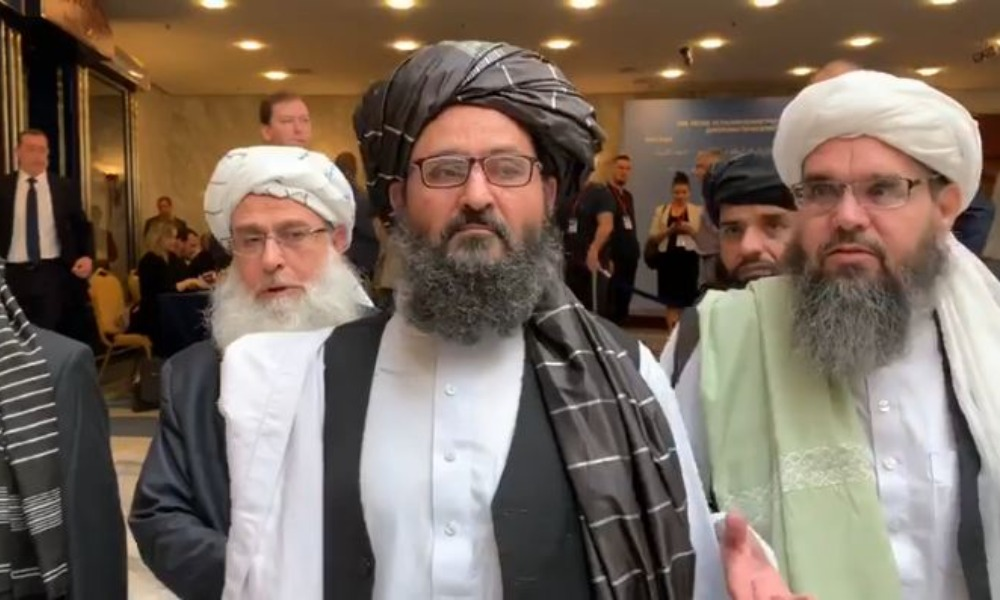Taliban steadfast over Afghanistan being an Islamic Emirate

Mullah Abdul Ghani Baradar, the Taliban’s political deputy and head of the group’s Qatar office, told a virtual meeting at the Center for Humanitarian Conflict Studies in Doha that Afghanistan’s future system must be Islamic and inclusive.
According to Mullah Baradar, a future system needs to ensure public facilities are maintained, that women’s rights and media rights are in accordance with Islamic law (Sharia) and that good relationships with foreign countries are established.
The senior Taliban official said the current talks were the only solution to the ongoing war and emphasized that by not removing the names of the group’s leaders from blacklists was a serious obstacle in the peace process.
The Islamic Emirate wants to curb the cultivation of poppies, end drug use, and drug trafficking, and with the help and coordination of countries and international organizations, establish alternative livelihood projects, especially in terms of eradicating poppies.
He said the Islamic Emirate also wants positive and constructive relations with foreign countries, especially with its neighbors.
He stated that the Islamic Emirate is committed to international principles in light of Sharia principles and national interests and that the Taliban does not want Afghanistan to be an arena of unhealthy competition and rivalry between foreign countries, nor does it want other countries to interfere in its affairs.
He also said the Islamic Emirate is committed to solving issues through the talks process but emphasized that “the blacklist was a hurdle”.
He said however, that based on the agreement (with the US) the blacklist issue should be resolved soon.
Sayed Sadat Mansoor Naderi, State Minister for Peace Affairs meanwhile said that “both warring sides should take note of the factors that threaten the peace process and should keep them in mind.”
“Both sides should provide necessary guidance and solve Afghanistan’s problems,” said politician Wahidullah Sabawoon.
